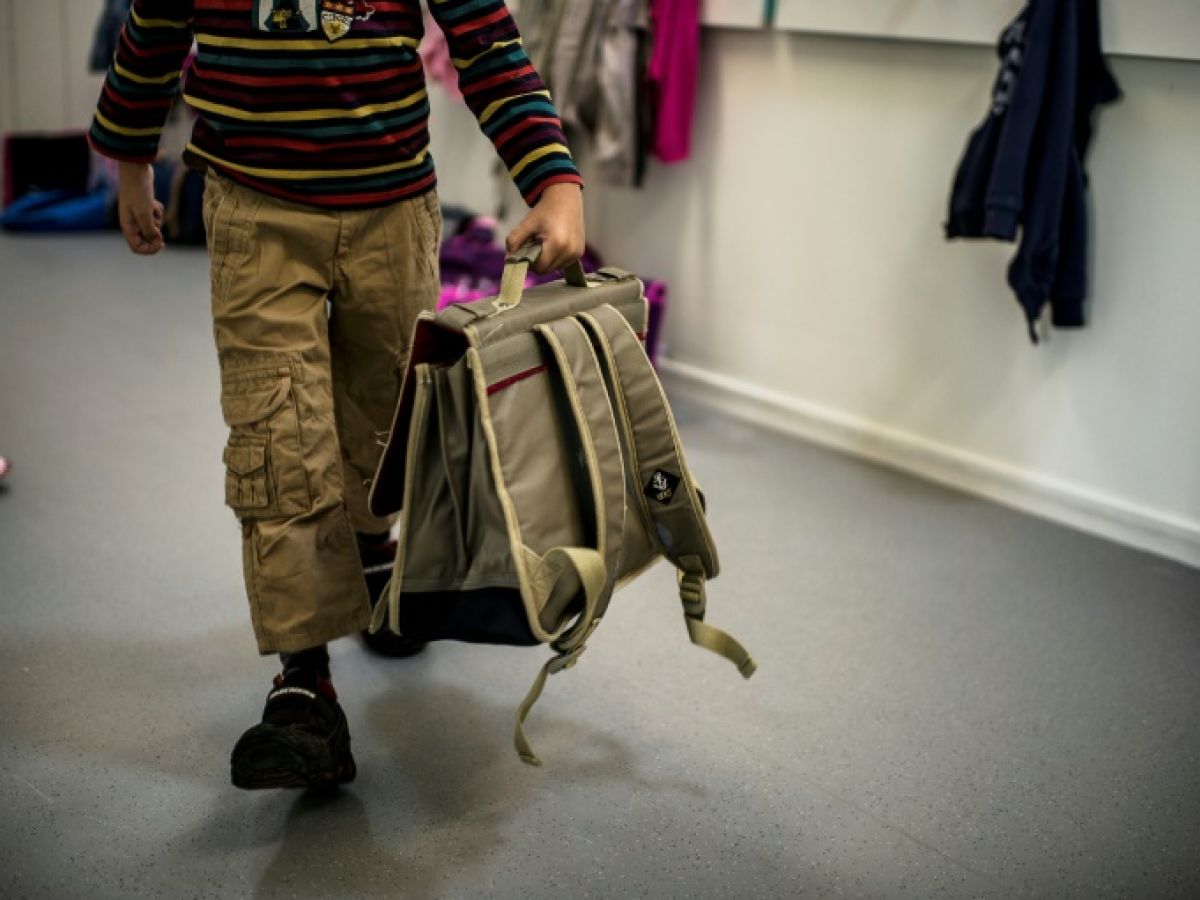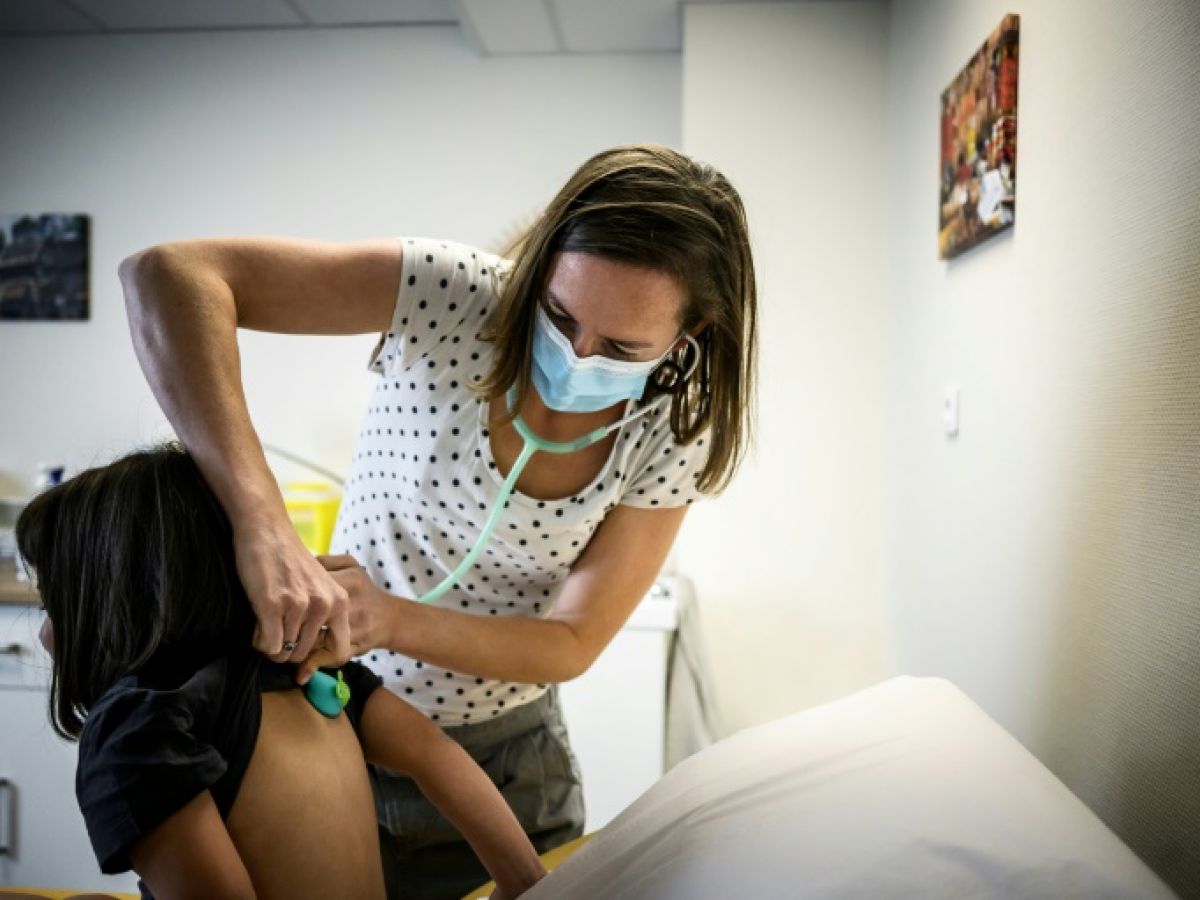No more screaming, no more tears. With noise-cancelling headphones at hand, 9-year-old Anna calmly enters her school dedicated to children affected by certain neurodevelopmental disorders: a "relief" for the parents, who have long been helpless in the face of her difficulties in a traditional school.
Dys disorders, autism spectrum disorders, attention deficit disorder, high intellectual potential... The Mosaïque primary school in Nantes has been taking care of "children that mainstream schools don't understand" for a year.
For months, when the bell rang, Anna cried, screamed, and vomited. "In second grade, I started to have a school phobia. I don't know why. It was difficult," says the little girl, wearing a ponytail and a pink cardigan, who has been diagnosed with anxiety and dyslexia.
These difficulties "crushed" family life, says her mother, who reduced her working hours to avoid the canteen, then after-school care. "First and foremost, there was my child's distress, then the calls from the school, the looks from other parents who seemed to say 'this poor mother is completely overwhelmed'... Here, Anna feels listened to. It was revolutionary," says Amélie Rogez.
"First, the children need to feel better and have a peaceful school life. But we're not putting anything aside; the goal is also to learn and to acquire the skills they need," explains Nathalie Boisson, president of the school. Her son, who attended Mosaïque last year, is starting 6th grade in a public middle school this year.
– “Medical wandering” –
Welcomed by the teachers, Pascal Lougarre drops off his 6- and 9-year-old sons for their first day at Mosaïque. The family had previously lived in Thailand, but the French high school wasn't suitable for the eldest, who was isolated and struggling. With no alternative locally, they decided to move.
"Our son had many difficulties integrating and developing. He was rejected by other children because he was different. There was a little medical wandering, then we were lucky enough to meet professionals who were able to make accurate diagnoses," says the father.
Parents often bring up the same story: difficulties at school, the isolation of their children, even harassment and "dark thoughts", almost daily summons, teachers "often willing" but "not equipped or trained" to deal with specific cases.
"I understand that traditional schooling is designed for perhaps 90% of children. But what are we doing for the remaining 10%? The fact that parents are mobilizing and organizing is a lifeline; it's wonderful. But at the same time, it's worrying to know that there is no other alternative," continues Pascal Lougarre.
Mosaïque School is funded by sponsorship and tuition fees. Calculated according to the family income, these fees range from €5,000 to €6,500 per student per year.

The government estimated in 2023 that dys disorders affect 8% of the French population, attention deficit disorder with or without hyperactivity (ADHD) 6% of children and 3% of adults, and autistic disorders, 1 to 2% of the population.
The 2023-2027 national strategy for neurodevelopmental disorders (NDD) placed particular emphasis on the "systematic" screening of children, teacher training and wider schooling.
"We would of course like it if our school didn't need to exist. For parents not to have to pay for tuition. But for the moment, traditional schools aren't giving our children what they need," notes Nathalie Boisson, who plans to triple enrollment by 2027.


